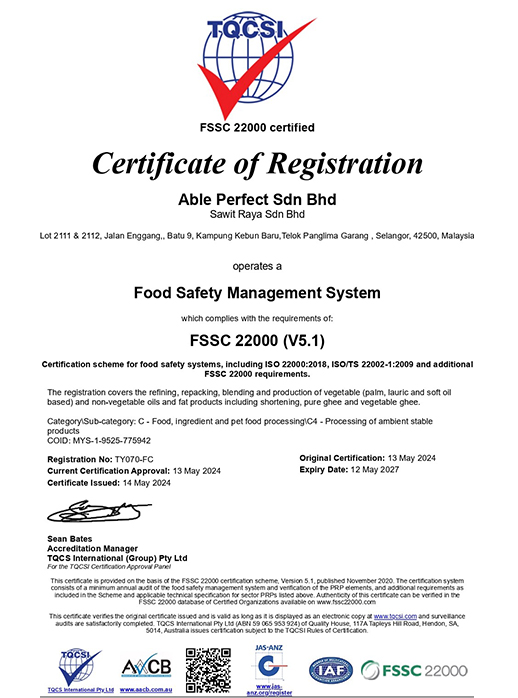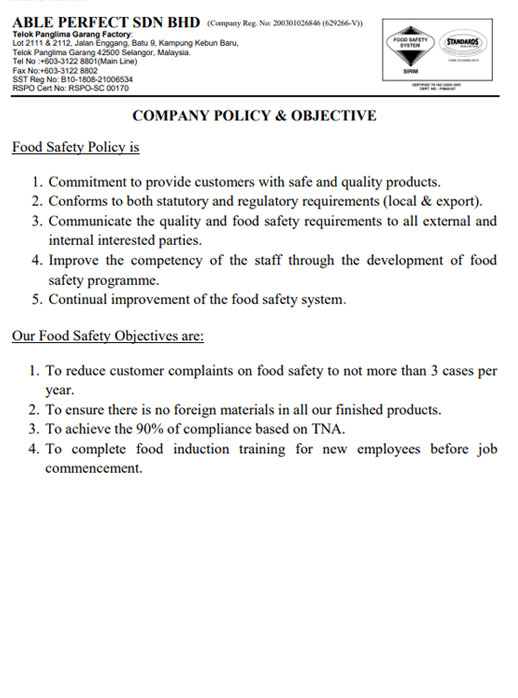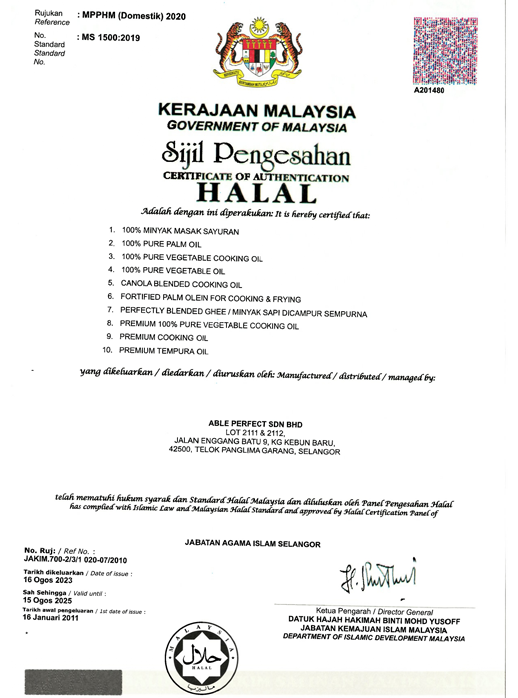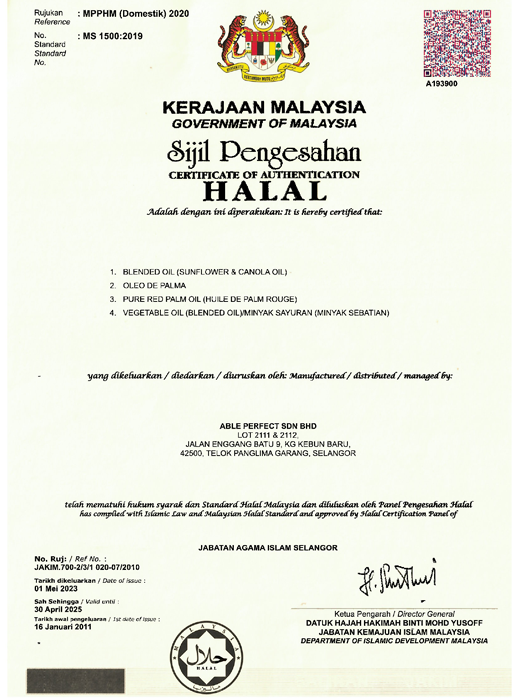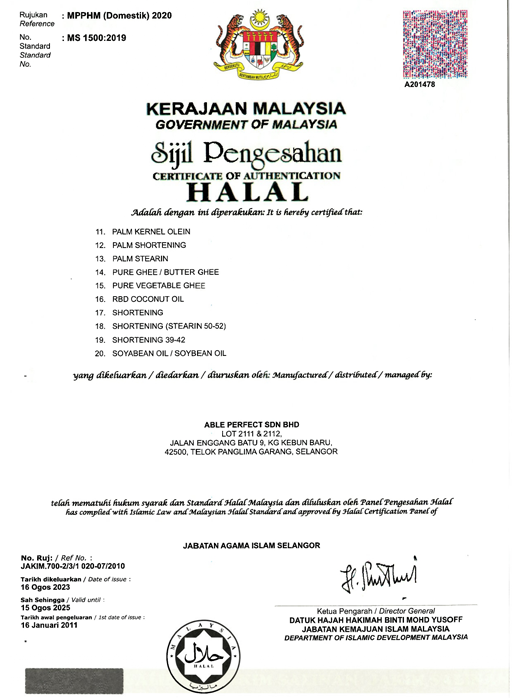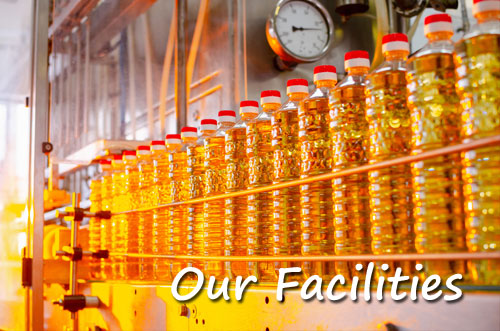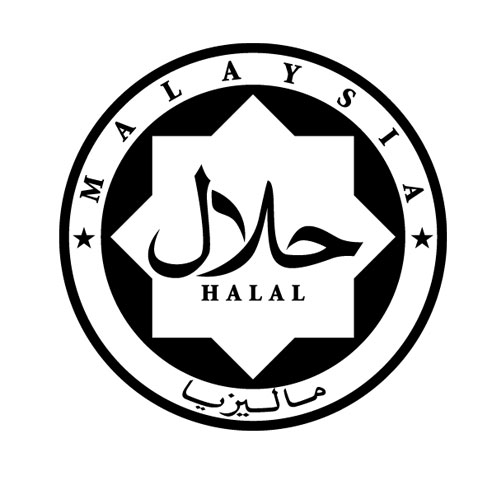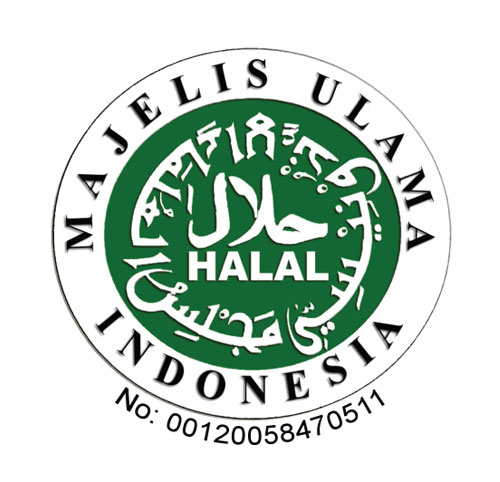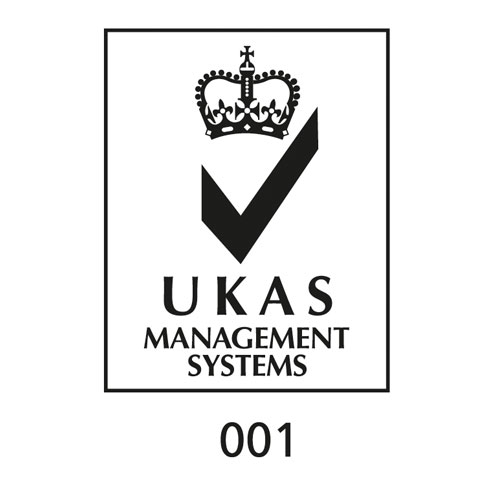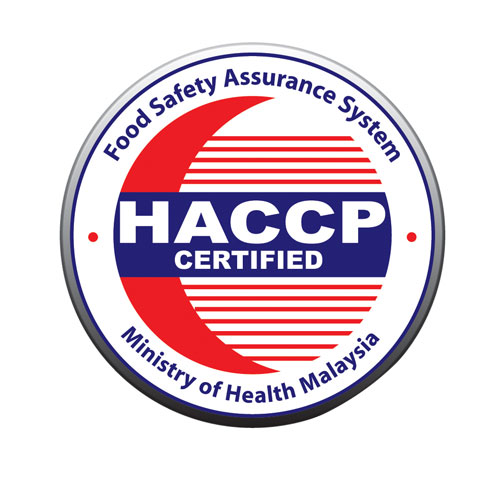Quality & Accreditation
Our Quality
Continuous innovation and non-compromising quality are the piers of our business aspirations and the core of our existence. Apart from essential quality certification’s such as ISO 2200, HACCP, HALAL, Able Perfect has successfully obtained RSPO supply chain certification (License No. 2-0873-18-100-00) with segregation and mass balance model in 2018 to ensure compliance with RSPO requirements.
Quality Objectives & Policy
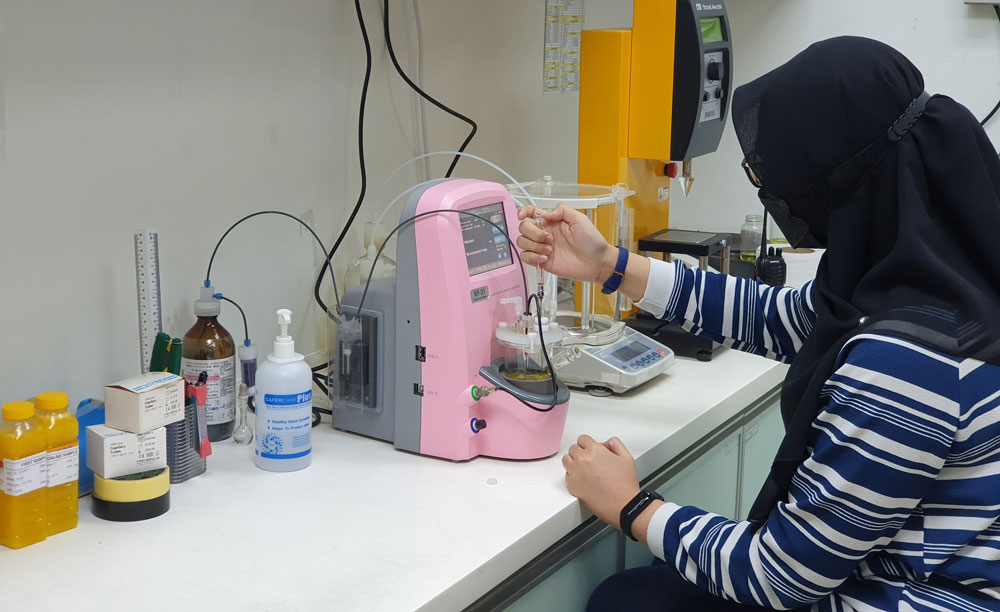
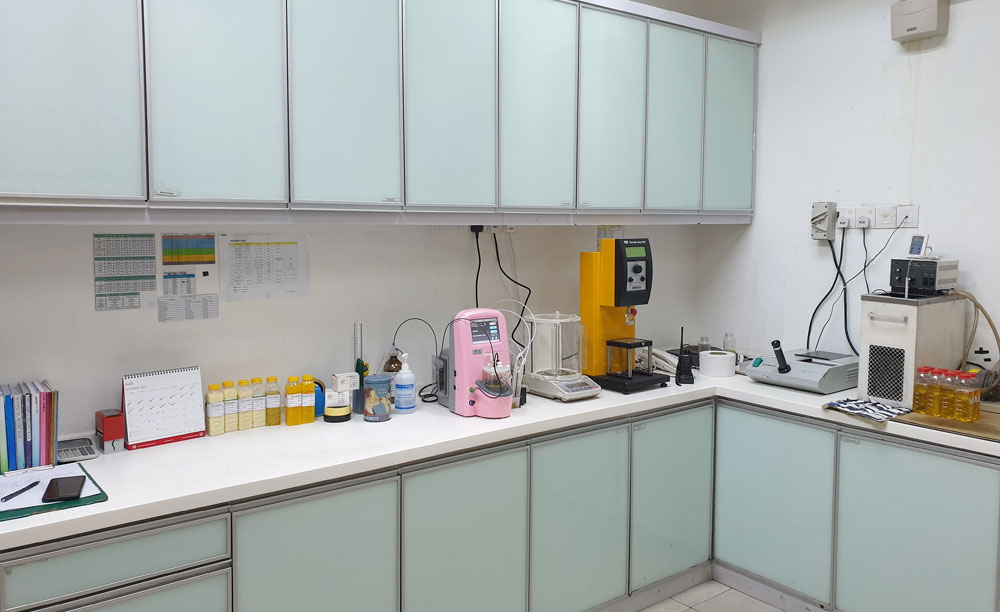
Able Perfect Sdn Bhd
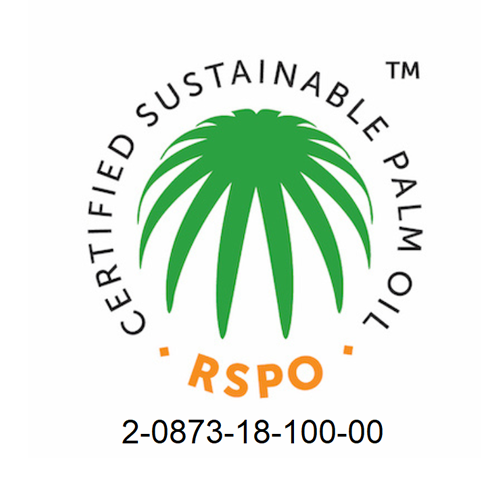



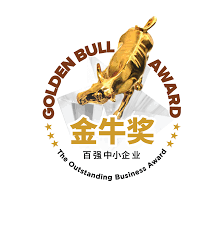

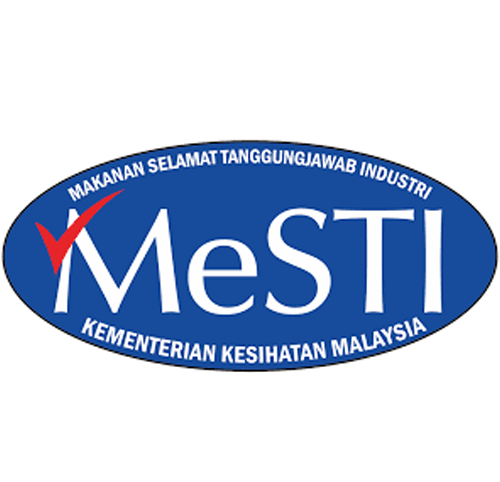
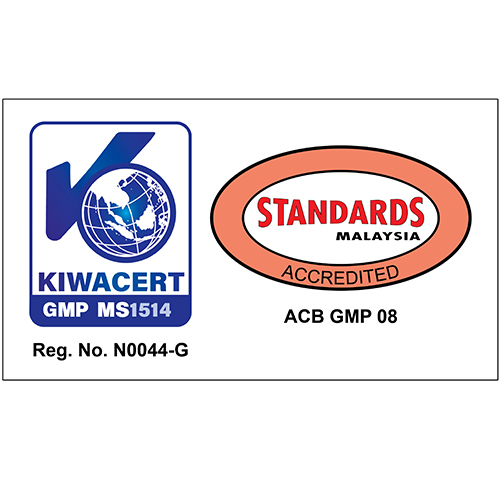
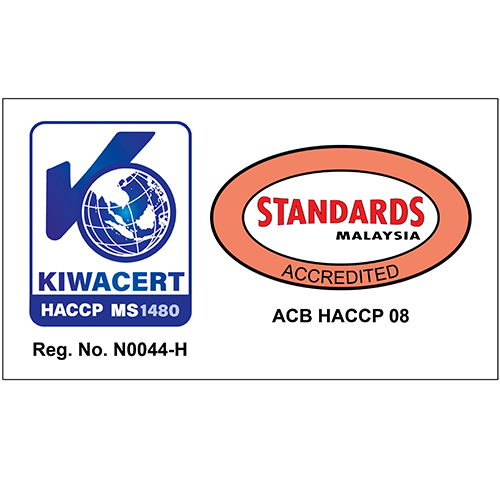
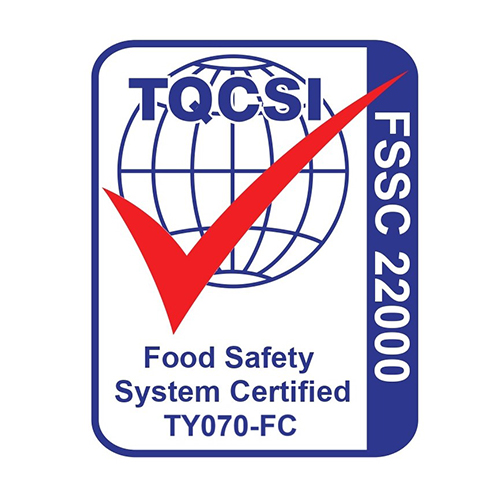
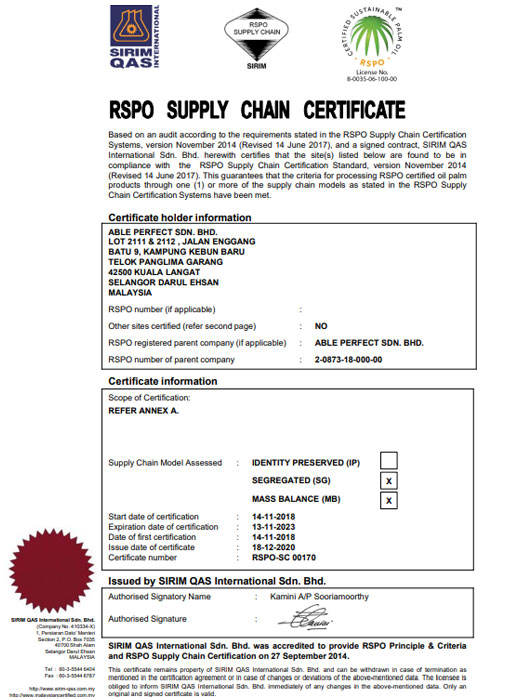
RSPO SUPPLY CHAIN CERTIFICATE
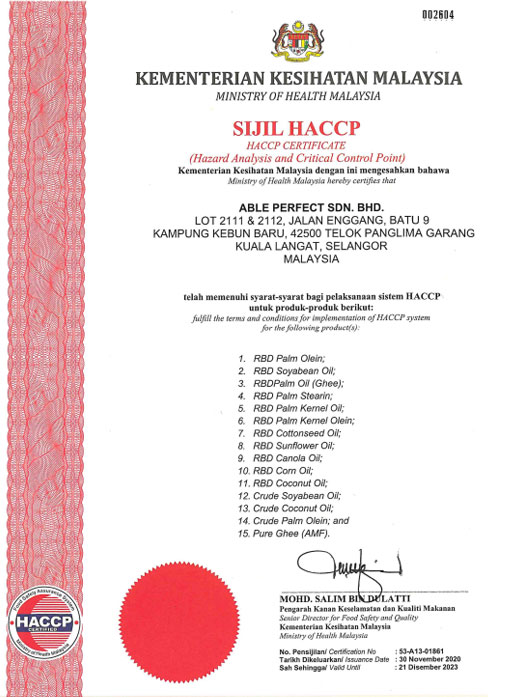
SIJIL HACCP (KKM)
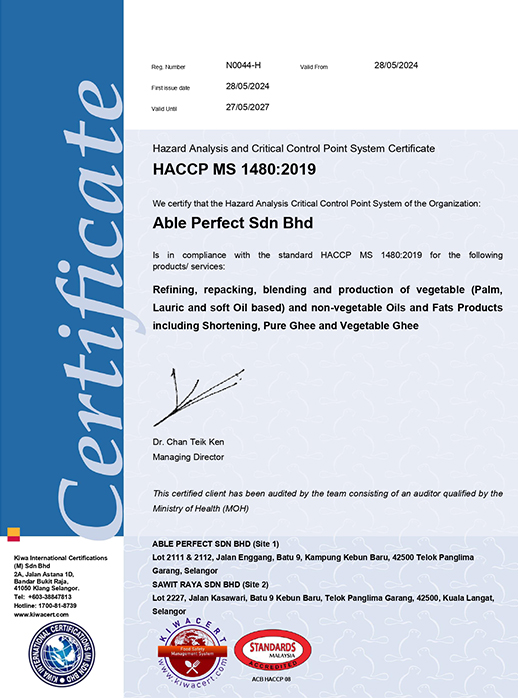
HACCP MS 1480 CERTIFICATE
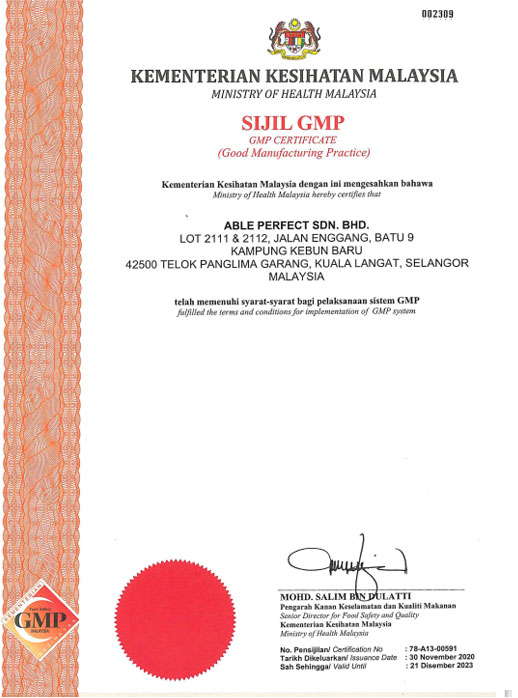
SIJIL GMP (KKM)
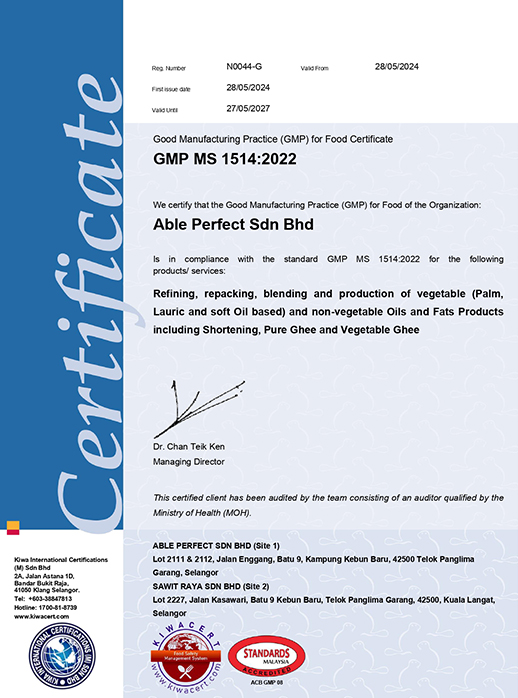
GMP MS 1514 CERTIFICATE
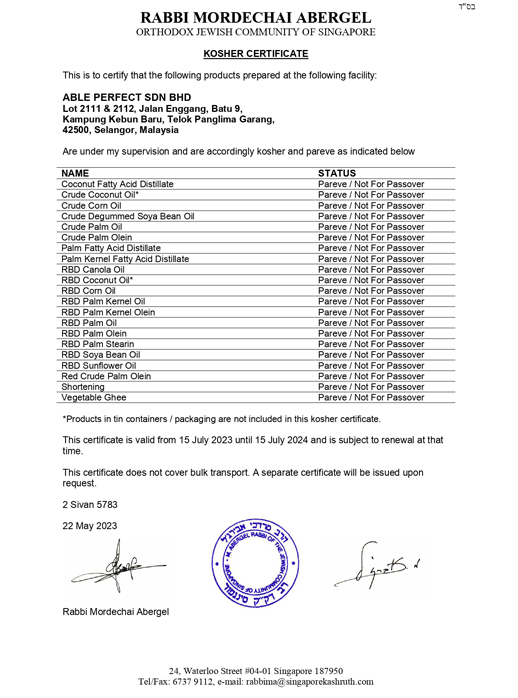
KOSHER CERTIFICATE
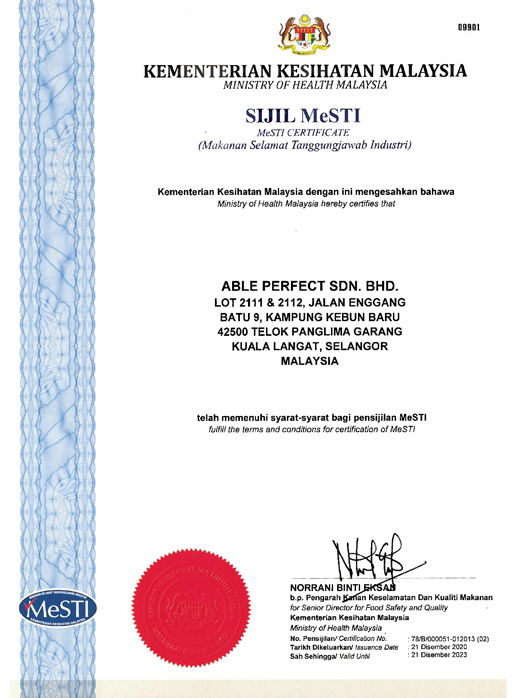
MeSTI CERTIFICATE
Sawit Raya Sdn Bhd
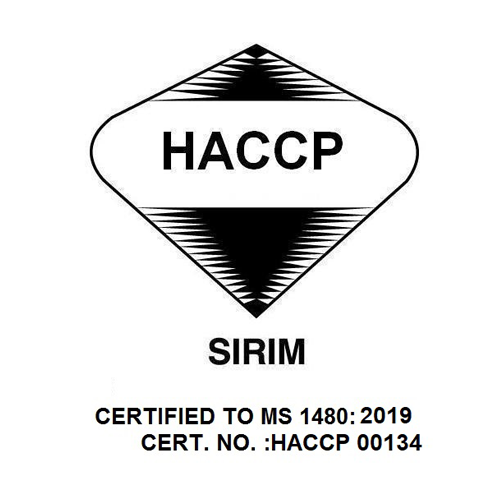
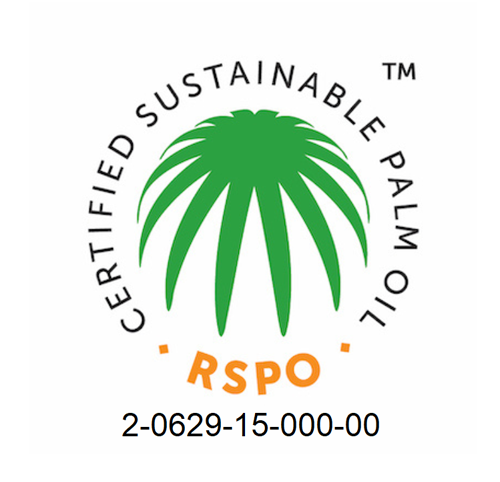
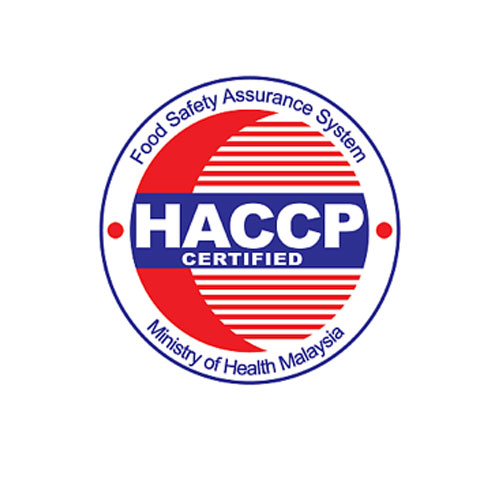
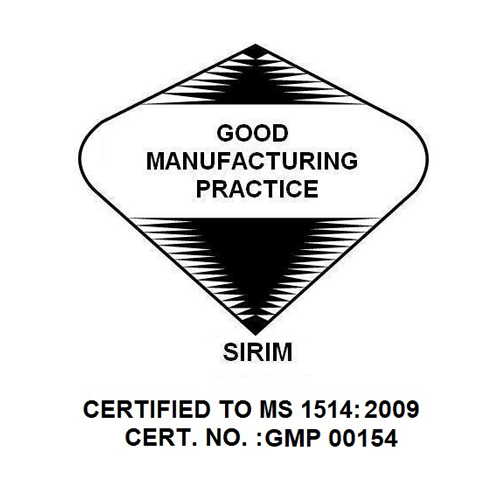
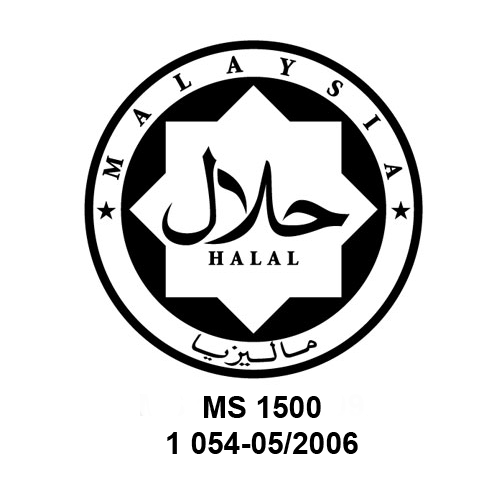
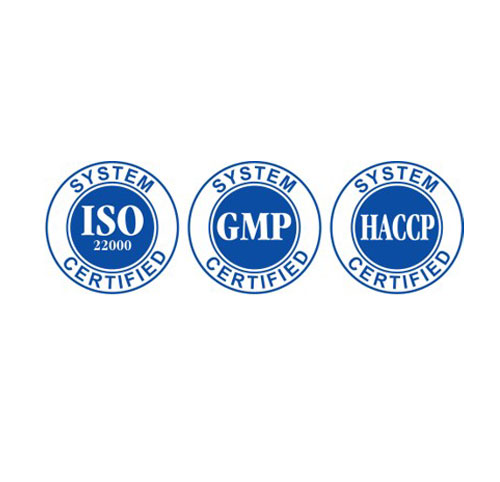
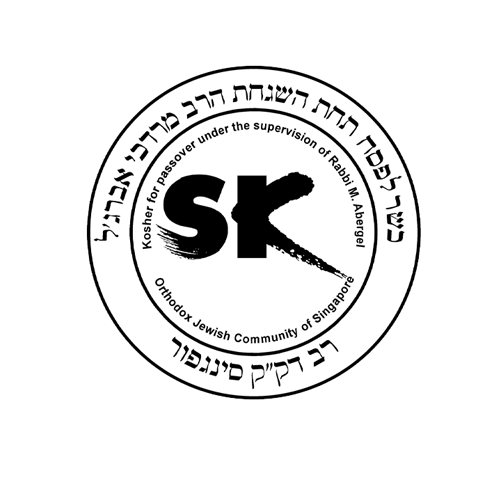
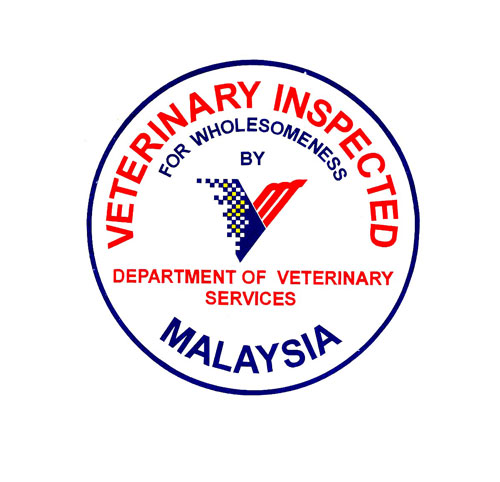
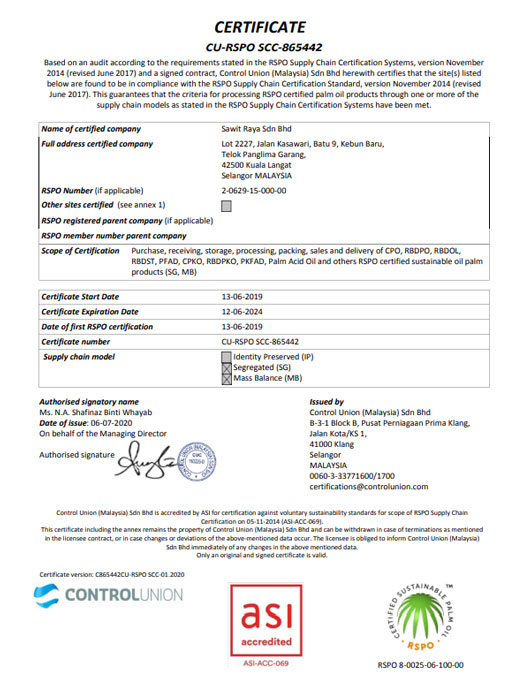
RSPO CERTIFICATE
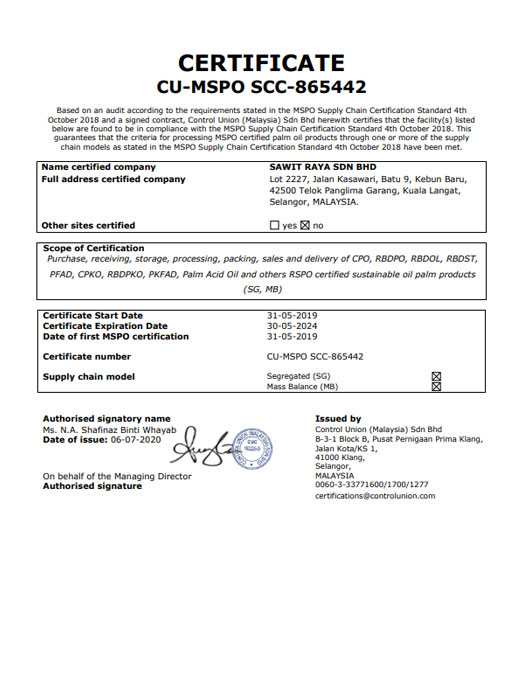
MSPO CERTIFICATE
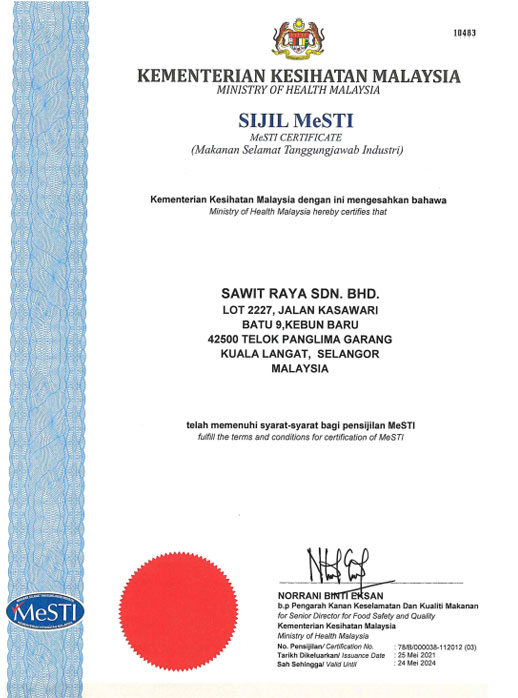
SIJIL MeSTI
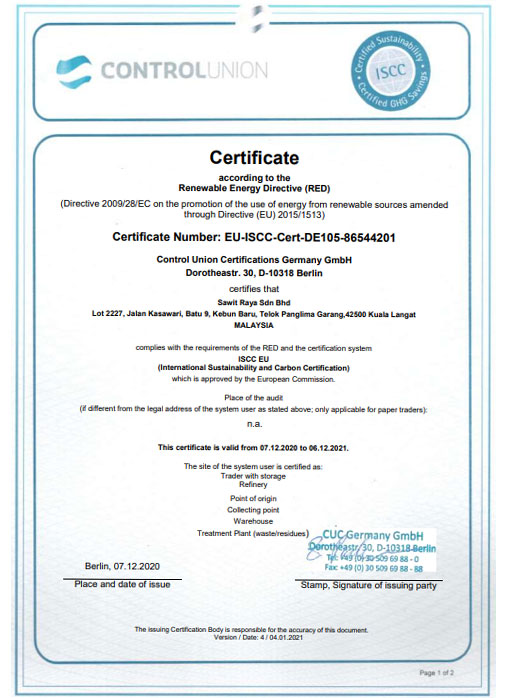
CONTROLUNION CERTIFICATE (ISCC)
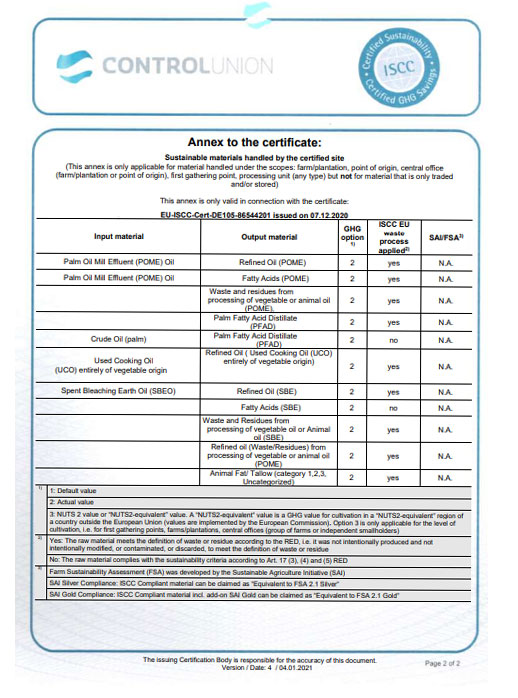
CONTROLUNION CERTIFICATE (ISCC)
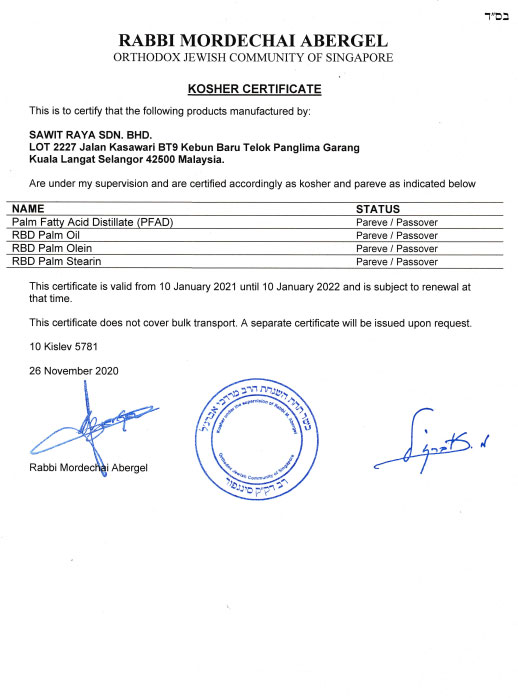
KOSHER CERTIFICATE
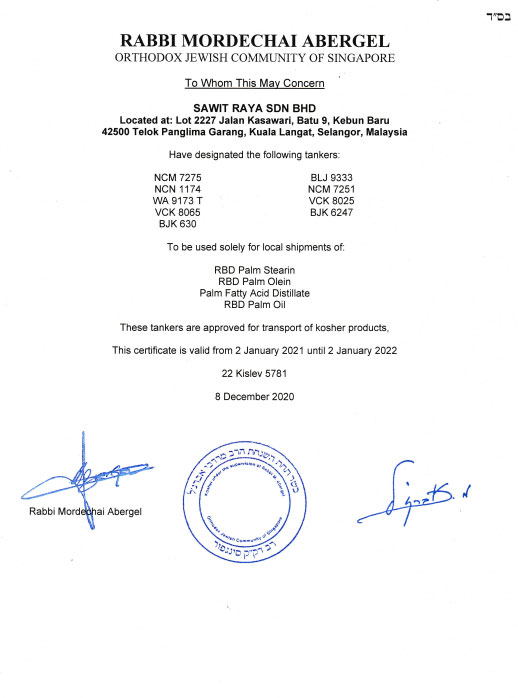
KOSHER CERTIFICATE
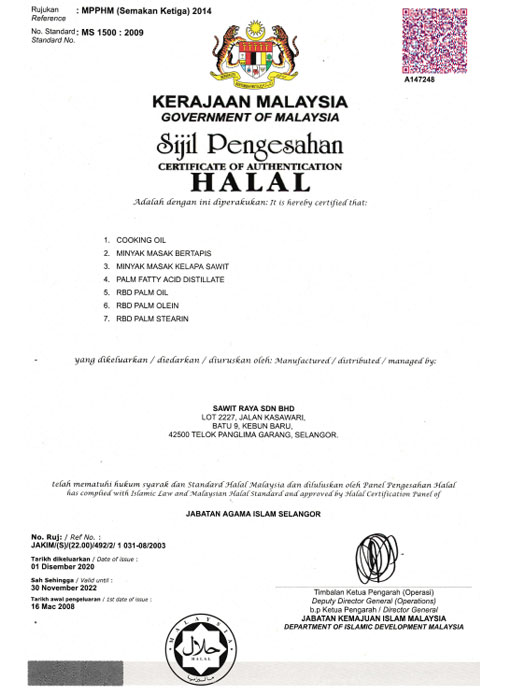
SIJIL HALAL
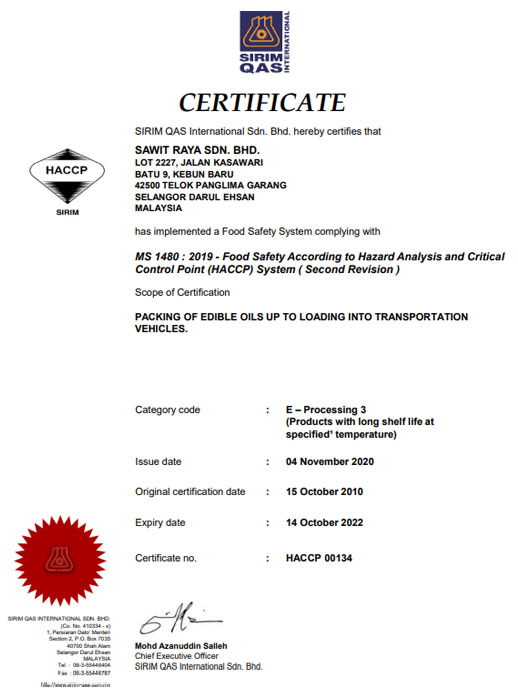
HACCP CERTIFICATE
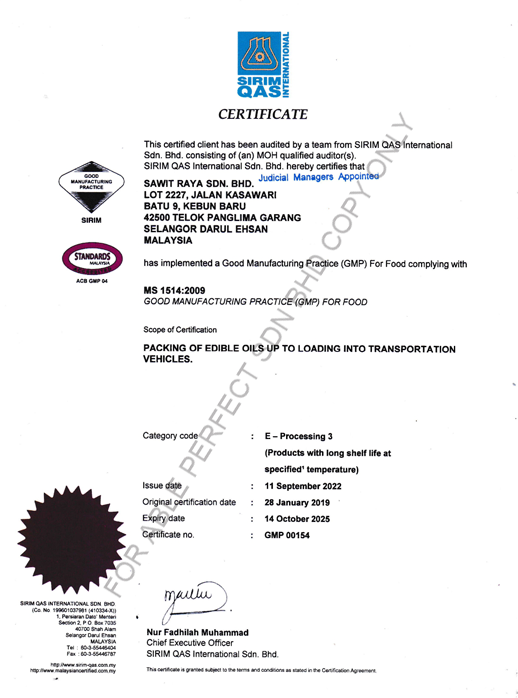
GMP CERTIFICATE
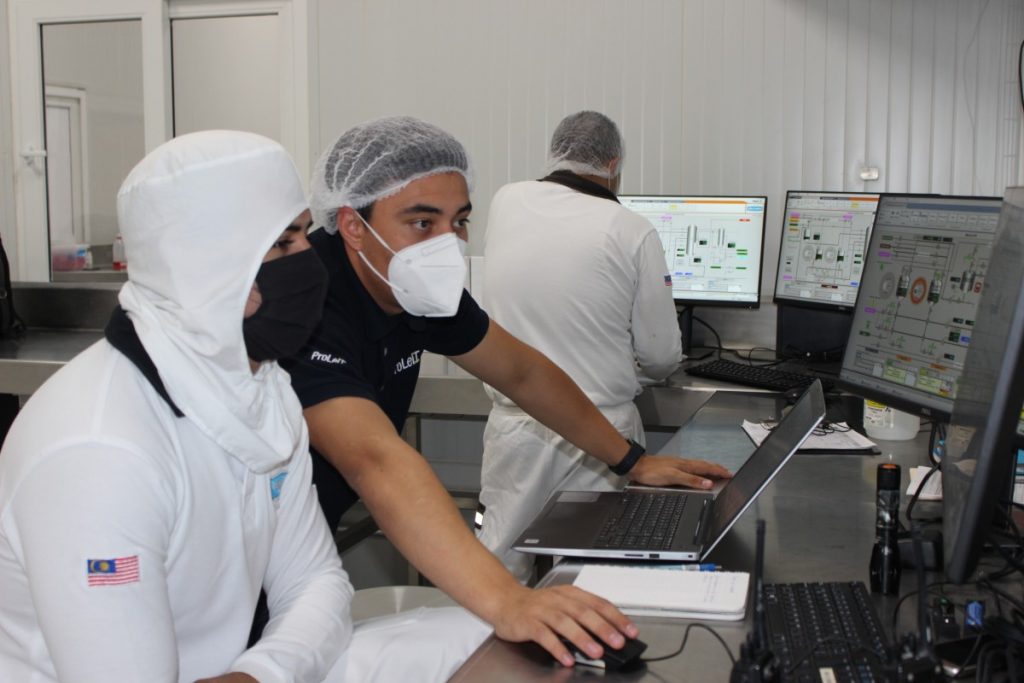
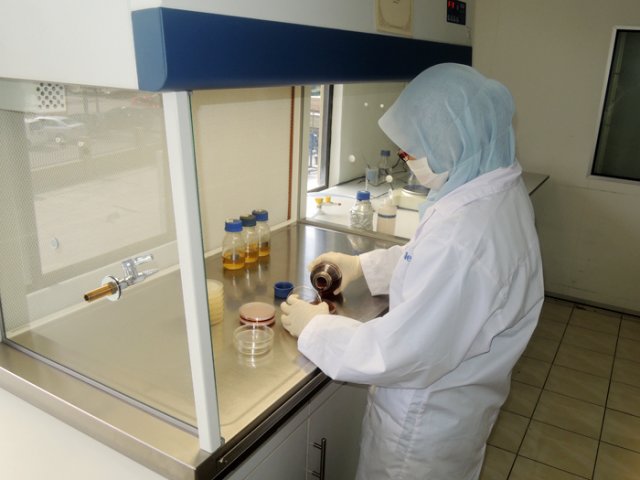
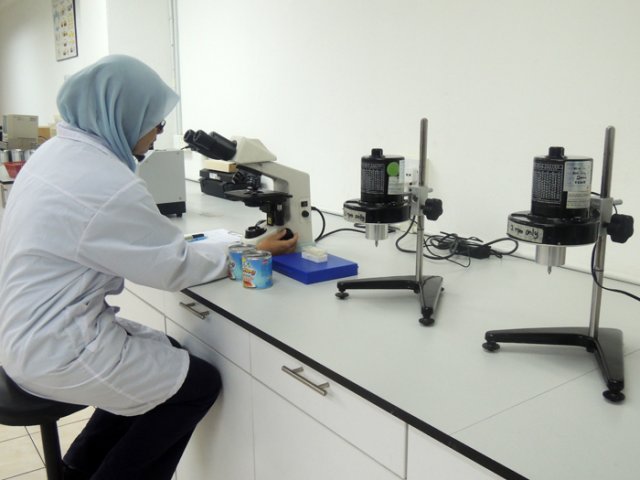
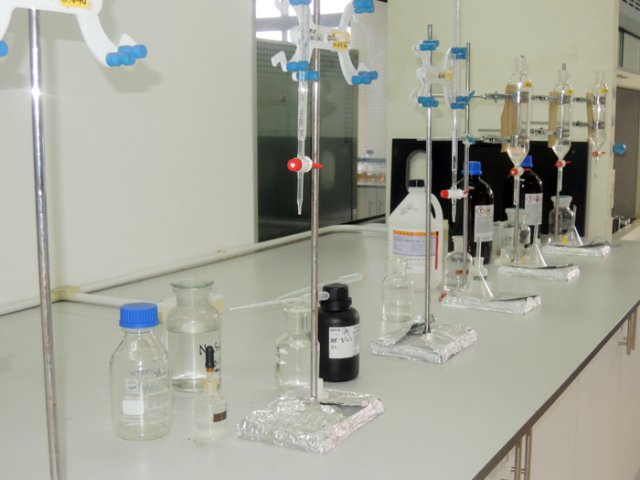
Quality Objectives & Policy
FSSC 22000
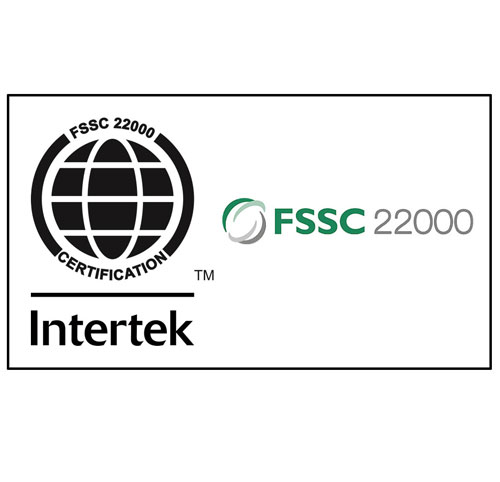
Veterinary Health Mark (VHM)

Food and Drug Administration USA
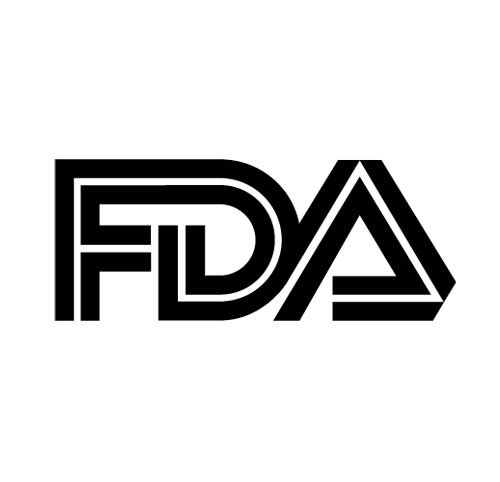
HALAL - Department of Islamic Development Malaysia ( JAKIM )

MS 1500:2009
Certificate of Authentication
HALAL
Ministry Of Health ( MOH ) Malaysia
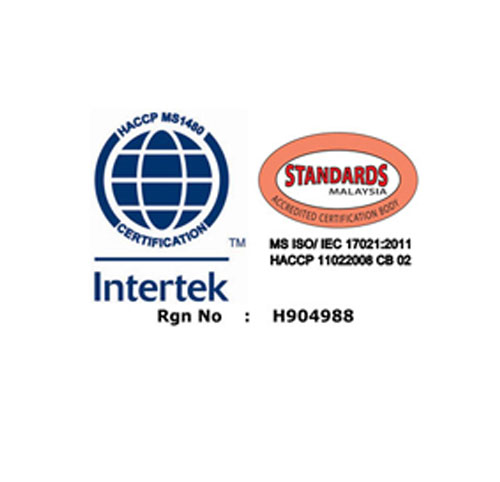
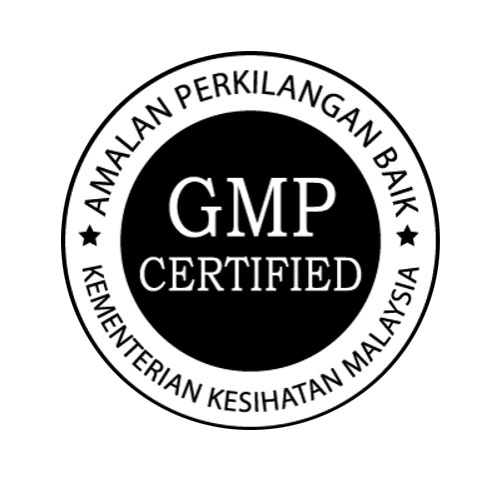
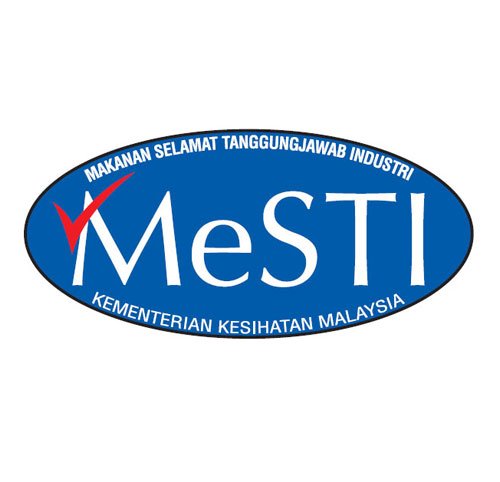
HALAL- MUI INDONESIA
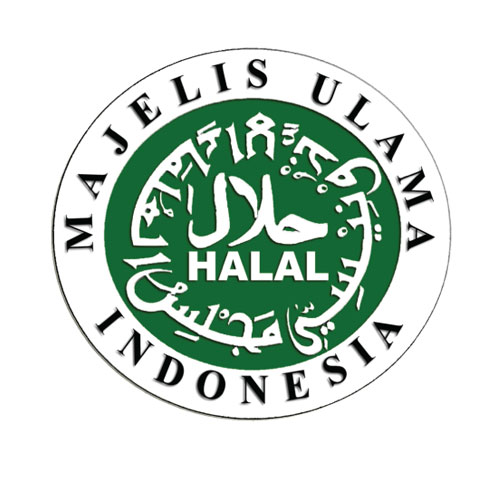
In Indonesia , the Halal Product Assurance Law No. 33 Year 2014 (UU 33/2014) was passed in October 2014. It requires all products imported, distributed and sold as Halal in Indonesia to be Halal certified, and entered into effect 5 years from its original enactment i.e. on October 17, 2019. Subsequent regulations including Government Regulation No. 31 Year 2019 (GR 31/2019) and Ministry of Religious Affairs Regulation No. 26 Year 2019 (MORA Reg 26/2019) set out the implementing regulations for Halal product assurance and facilitation of the Halal quality regime.
Under the new regime, the Indonesian government established the Halal Product Guarantee Agency (or BPJPH) to oversee the entire Halal product assurance system (JPH to use the Indonesian abbreviation), including the registration of LPH for the inspection and/or testing of the Halal product quality. BPJPH relies on MUI for the certification of Halal auditors, determination of Halal product quality, and accreditation of LPH with MUI responsible for holding Fatwa Assemblies as before.

